When thinking about my favorite short story, many pop into my mind. I immediately think of "The Gift of the Magi" by O'Henry, my first glimpse into twist endings and the beauty of a short story that leaves you wanting more. At the time, the brevity of the short story bothered me; I like to burrow into what I read, and short stories allow just a quick dig in the sand when compared with a novel. But, as my literary tastes have changed, I find that I appreciate the talent, skill, and dedication it takes these writers to create an entire world and situation that can move you to laughter or tears or change your perspective on an aspect of life within so few pages.
Thinking about this talent causes my mind to travel to Ernest Hemingway's "Hills Like White Elephants," which conveys so much through seemingly sparse dialogue and description. I teach this story in my Advanced Placement English class, and it is always such a joy to watch the students begin to unravel the symbolism, dialogue, and tone. When they make the connections, they grow closer to the text, just as I do; to me, the text begins to become overlapped with my student's discoveries, creating a new mosaic that merges with the text itself in my mind. Every time I read that story now, I see the excitement and discovery of reading it for the first time through my students, keeping the beauty and newness of the story alive forever for me.
This idea makes my mind land on what is probably my favorite: "The Yellow Wallpaper" by Charlotte Perkins Gillman, as it is the first short story that I found myself obsessed with. When I first read this piece in college, I remember thinking, I wish I would have written this story. The beautiful descriptions and ambiguous imagery of the room and wallpaper itself as a representation of feminist ideals blew my mind. This was the first time I not only had to, but wanted to read and re-read this piece, finding something different each time I sailed through it. I loved the ambiguous ending, where I practically danced in my chair, wondering if she had found her desperately sought freedom from oppression or if the freedom had broken her, leaving her trapped again in her mind as she goes insane.
Talking about this piece is a must and that is the other aspect of short stories that sucks me in. I love discussing short stories, as many more people are apt to read 15-30 pages rather than a 400-page novel. Though open endings often drive readers insane, I have grown to love these kinds of stories, as they force you to become part of it, as you use your own experiences and desires to interpret the ending. A neat way to see what makes people tick is to listen to their interpretation of a short story with an ambiguous ending. I should market this as a new way to test for personalities: you think the main character will succeed? You must be an optimist who is obsessed with feminist rights. You think she is insane? You are a realist, but you miss the idiosyncrasies of a female's mind.
My journey of initial frustration, then reluctant acceptance, and finally good-natured obsession with short stories has been eye-opening to me, and in many ways relates to my perspective on life itself. Even though I'm 31 years old, I still have moments of frustration with life, when nothing seems to go my way, but for the most part, I think I've come to accept that life is one curve ball after another, and it isn't the pitch that matters, but what you do when it is your turn to swing at the ball, figuratively speaking.
I am hoping that I am now entering the phase of obsession with life; lately, I've been trying more and more to "suck the marrow of life" as my buddy H.D. Thoreau would say. However, I am thinking more and more that like the short stories that become a new product once I share the experience of analyzing it with my students, my life must be shaped by those around me as well. A man is not an island; how true that is. And a short story is never just a story, but a shaper of life.
Thursday, January 21, 2010
Subscribe to:
Post Comments (Atom)






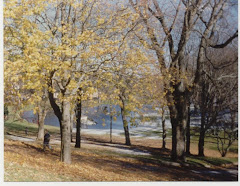






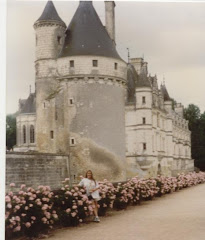


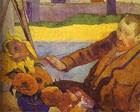
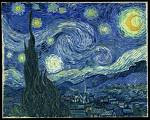


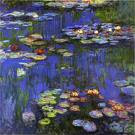






No comments:
Post a Comment